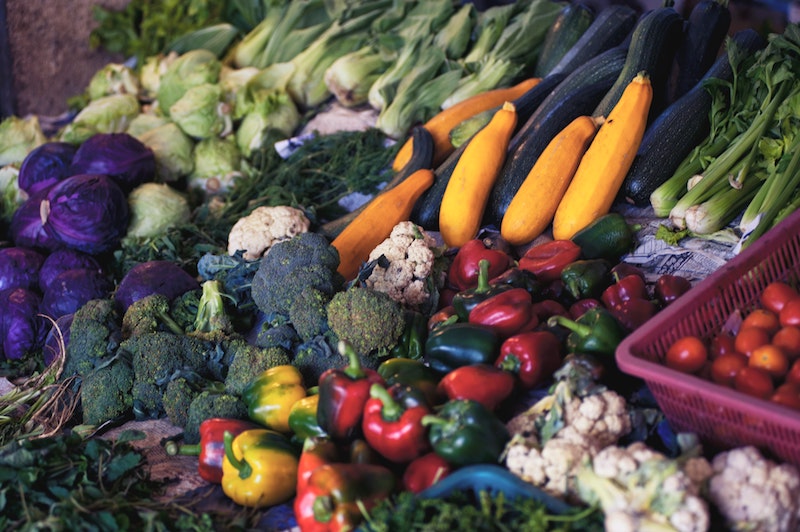In light of the coronavirus outbreak and the enhanced community quarantine, it was recommended by the Centers for Disease Control and Prevention to stock up on two weeks worth of groceries. After piling up all your groceries in the kitchen, it’s important to make sure that none of these turn stale and rot, resulting in food waste and risky extra runs to the supermarket. So we’ve scoured the net for some tips and tricks that will make your food last longer during the quarantine.
Keep your fridge at the right temperature
Make sure the fridge is cool enough to store frozen products like meat, produce and dairy chilled. According to the Food and Drug Administration, the right temperature for fridges should be at 4° C (40°F), while a freezer should be at -18°C (0°F).
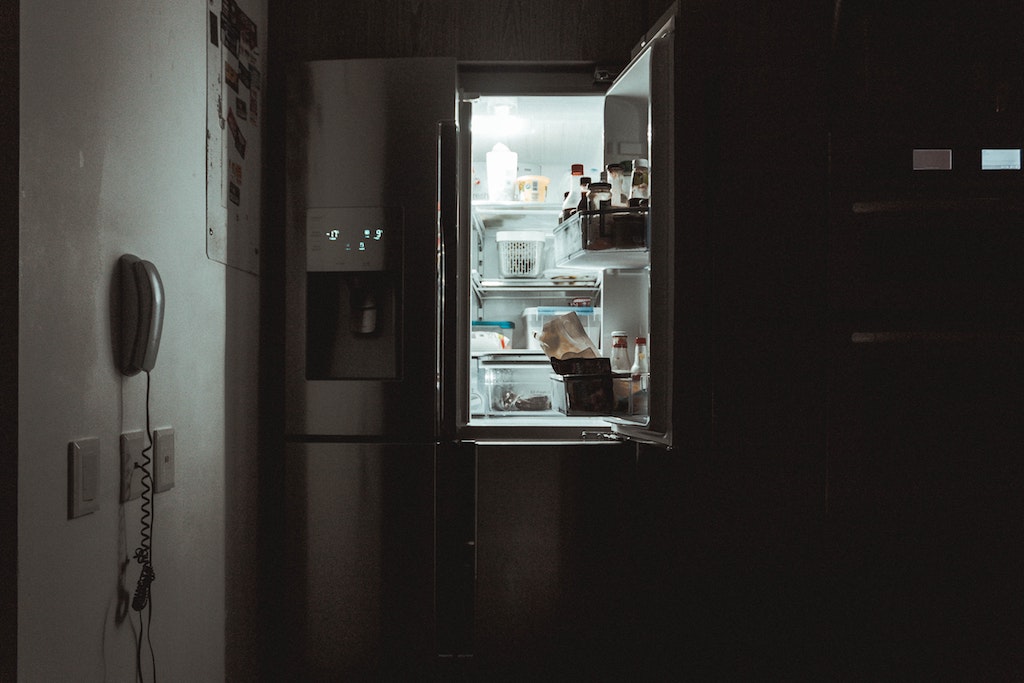
Organize your fridge
Follow the “first in, first out rule” to optimize your goods. Store all the older foods at the front of the pantry or fridge and place newer ones at the back. This process works best for products that expire quickly, such as milk and dairy. Also, arrange canned goods by the order of its expiration date.
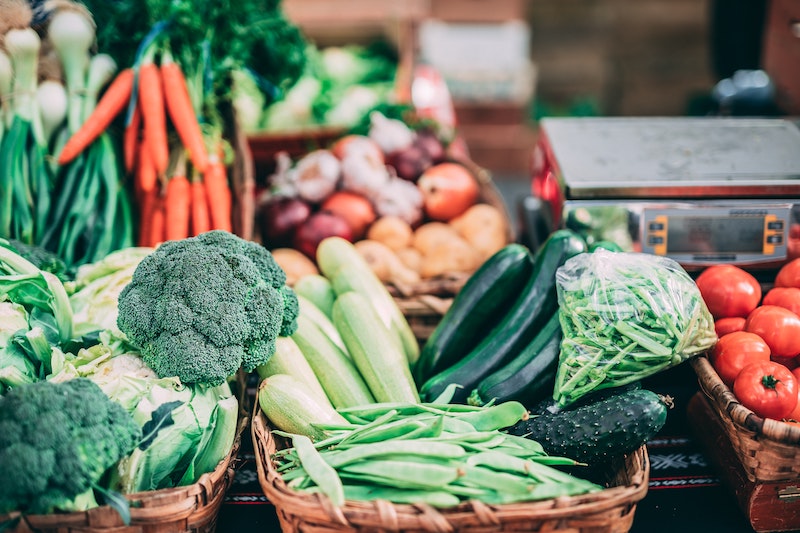
Check on your fruits and veggies
Fruits and vegetables are usually the first ones to wrinkle up and rot if they stay in storage for too long. Here’s how to stop that from happening.
-
Avoid placing highly gaseous produce like apples, bananas and vegetables together as the gases they emit can cause them to go bad quickly. Likewise, don’t place low gaseous produce like broccoli, carrots and potatoes with them.
-
Swipe some lemon juice on sliced avocados. Its citric acid slows down the avocados’ browning process.
-
Unripened tomatoes should be kept in paper bags, ripe tomatoes at room temperature and overripe tomatoes in the fridge to prevent further ripening.
-
Keep unripe fruits like avocados, bananas and apples outside the fridge and at room temperature.
-
Store celery in tin foil before putting them in the fridge. The more tightly wrapped it is, the crispier.
-
Mushrooms should be kept in the fridge. If your mushrooms are canned, remove them from the container, wash and dry thoroughly. Then, wrap them in a paper towel and store in a paper bag in the fridge.
-
Leafy greens like kale and lettuce are most fresh when hydrated. Keep them stored in a plastic resealable bag while wrapped in a damp paper towel.
-
Lettuce wilts fast, but you can reverse this process by soaking them in ice cold water for at least 30 minutes.
-
Because of the gas bananas emit, if one banana becomes overripe, the whole bunch does too. To slow down the process, tightly wrap the top with plastic wrap to lessen the gas release.
Hydrate the herbs
In order for fresh herbs to last for around two weeks, cut off the stems of tender herbs like parsley, cilantro and basil. Place each separately on top in small containers of water and cover the top with a loose plastic bag. For hard herbs like rosemary, thyme and sage, roll them in a damp paper towel and place them in a resealable bag.
Keep dairy and eggs at the back of the fridge
Milk, creamers and eggs are highly susceptible to spoilage, and will be more so if exposed to changing temperatures. As people open and close fridges regularly, it’s best to keep them at the back of the fridge where temperature is more consistent.
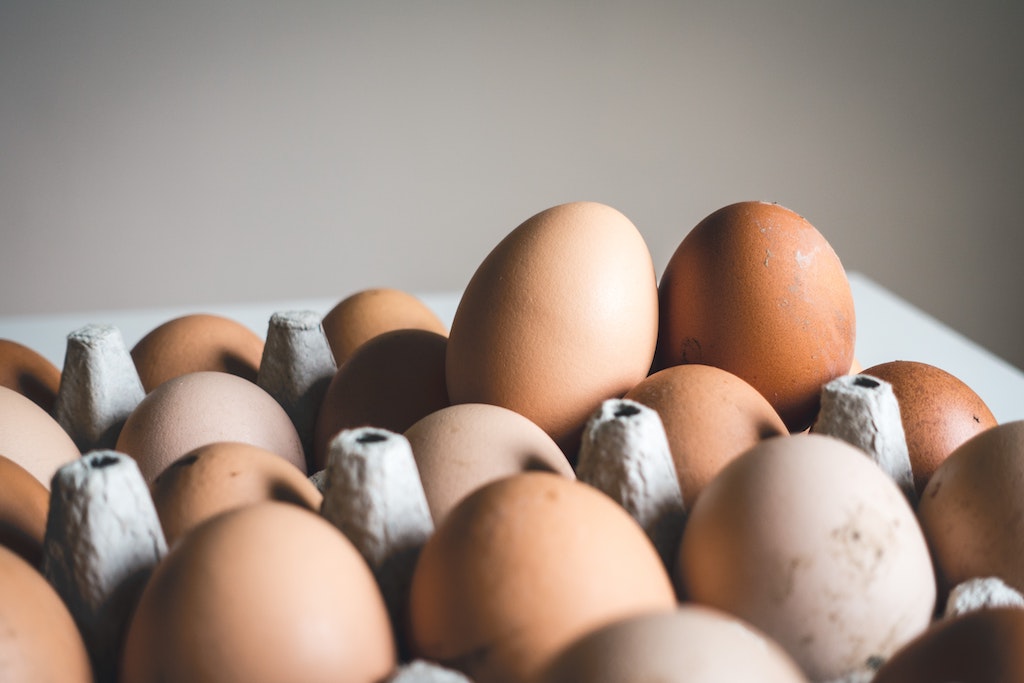
Coffee beans do not belong in the freezer
Not only is it bad for coffee beans to be exposed to so much moisture, this can also cause damage to other food stored in the freezer. The best place to store coffee is in an air-tight container placed in a pantry.
Keep bread at room temperature
Refrigerated bread can stale up to six times faster than bread kept in room temperature. However, if you don’t plan on eating the bread right away, storing them in the freezer is the best way to go as it slows down the staling process.
Turn it into stock
If ever you’re craving some soup, then it’s good to store up on some stock which you can make easily from by simply not throwing away your old vegetables and chicken bones. For vegetable stock, freeze the staling veggies in a plastic bag before boiling them in hot water. For chicken stock, simply save the bones and boil them in water. Add seasoning if preferred.
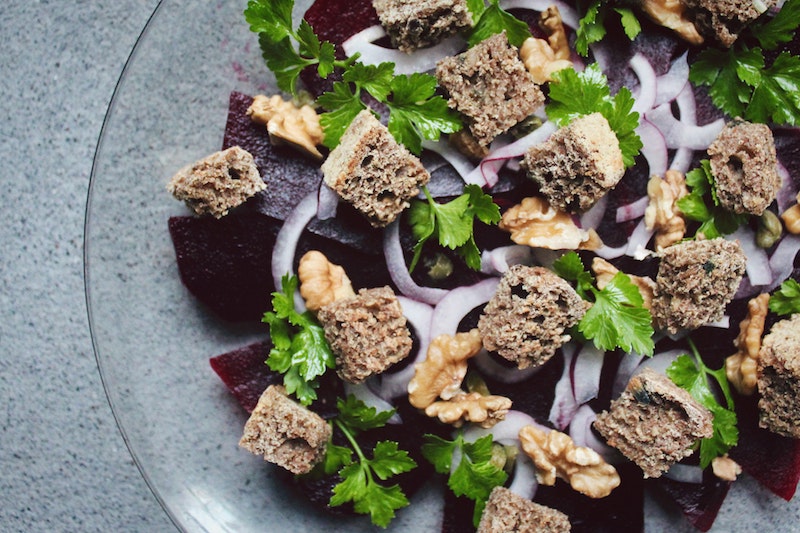
Turn stale bread into croutons
Don’t give up old bread just yet! Try slicing them up into tiny cubes, toss it around some olive oil and bake for 20 minutes.
Freeze leftovers
This is just a gentle reminder to not throw out cooked meals if you can’t finish them immediately. Simply store them in the freezer and heat them up when you’re ready to eat it again. In the fridge, leftovers can last for three to four days, while placing them in the freezer can make them last for as long as three months.
Header photo by Alexandr Podvalny on Unsplash
Get more stories like this by subscribing to our weekly newsletter here.
Read more:
After grocery shopping, follow these steps to prevent the virus from entering your household
Support frontliners and underserved communities from home through this website
This organization will help in moving food from farms to tables during quarantine
Writer: THEA TORRES


